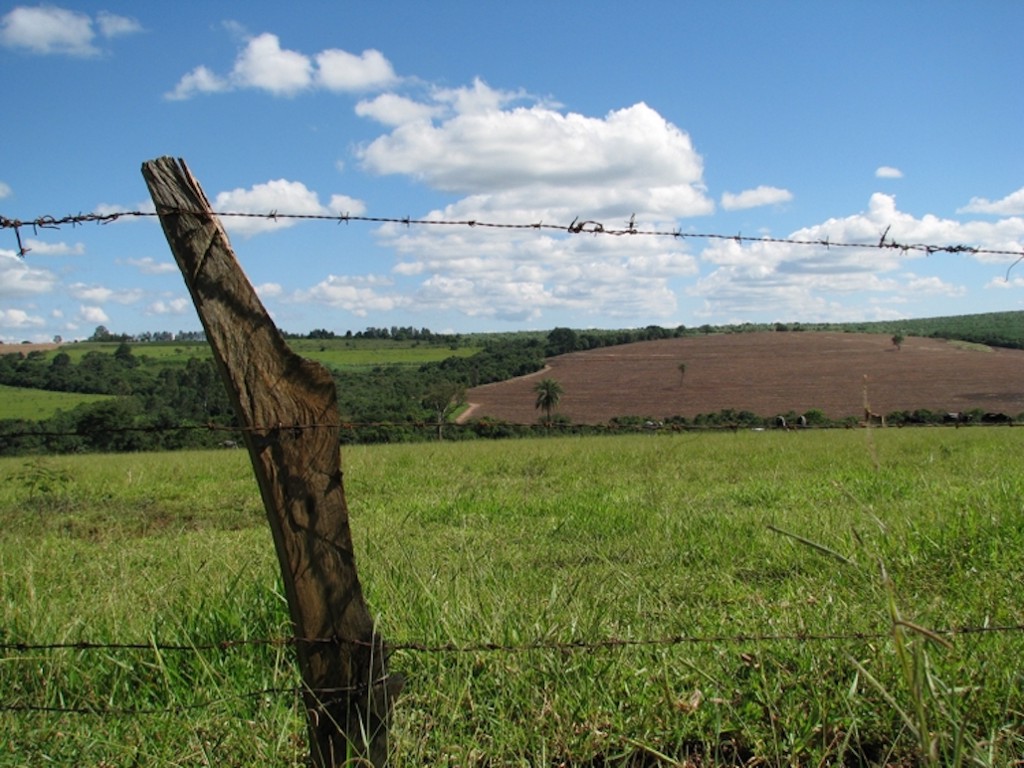You Can’t Just Compare Rural America to the “Inner City”
Especially if you’re going to say it’s “worse.”

Does anyone want to talk about an interesting but flawed story? I’m really curious what you think about this Wall Street Journal piece:
Rural America Is the New ‘Inner City’
Here’s the thesis:
Starting in the 1980s, the nation’s basket cases were its urban areas — where a toxic stew of crime, drugs and suburban flight conspired to make large cities the slowest-growing and most troubled places.
Today, however, a Wall Street Journal analysis shows that by many key measures of socioeconomic well-being, those charts have flipped. In terms of poverty, college attainment, teenage births, divorce, death rates from heart disease and cancer, reliance on federal disability insurance and male labor-force participation, rural counties now rank the worst among the four major U.S. population groupings (the others are big cities, suburbs and medium or small metro areas).
Here’s what the story leaves out:
- Any acknowledgement of the systemic racism that helped create both the reality and the concept of the “inner city” and its so-called “toxic stew.” (Also, a discussion of the concept vs. the reality, because the words “inner city” are often used as a dogwhistle.)
- Any acknowledgement of urban gentrification, and what happens to people who are priced out of gentrified neighborhoods.
The article details exactly what’s been happening in small towns: the loss of manufacturing jobs, the businesses and hospitals that cannot afford to stay open, the opioid epidemic, the aging population. If the stats indicate that economic growth is now slower in rural areas than in any other part of the country, I’d believe it.
But it barely spends any time explaining how cities have changed during the same time period. There’s an acknowledgement that cities have become “magnets for desirable high-wage jobs,” and that “many low-wage earners were driven to city fringes,” but I get the feeling that there’s a whole story here that they’re ignoring. The story that Matthew Desmond detailed in Evicted: Poverty and Profit in the American City, for example.
What do you think?
Support The Billfold
The Billfold continues to exist thanks to support from our readers. Help us continue to do our work by making a monthly pledge on Patreon or a one-time-only contribution through PayPal.
Comments